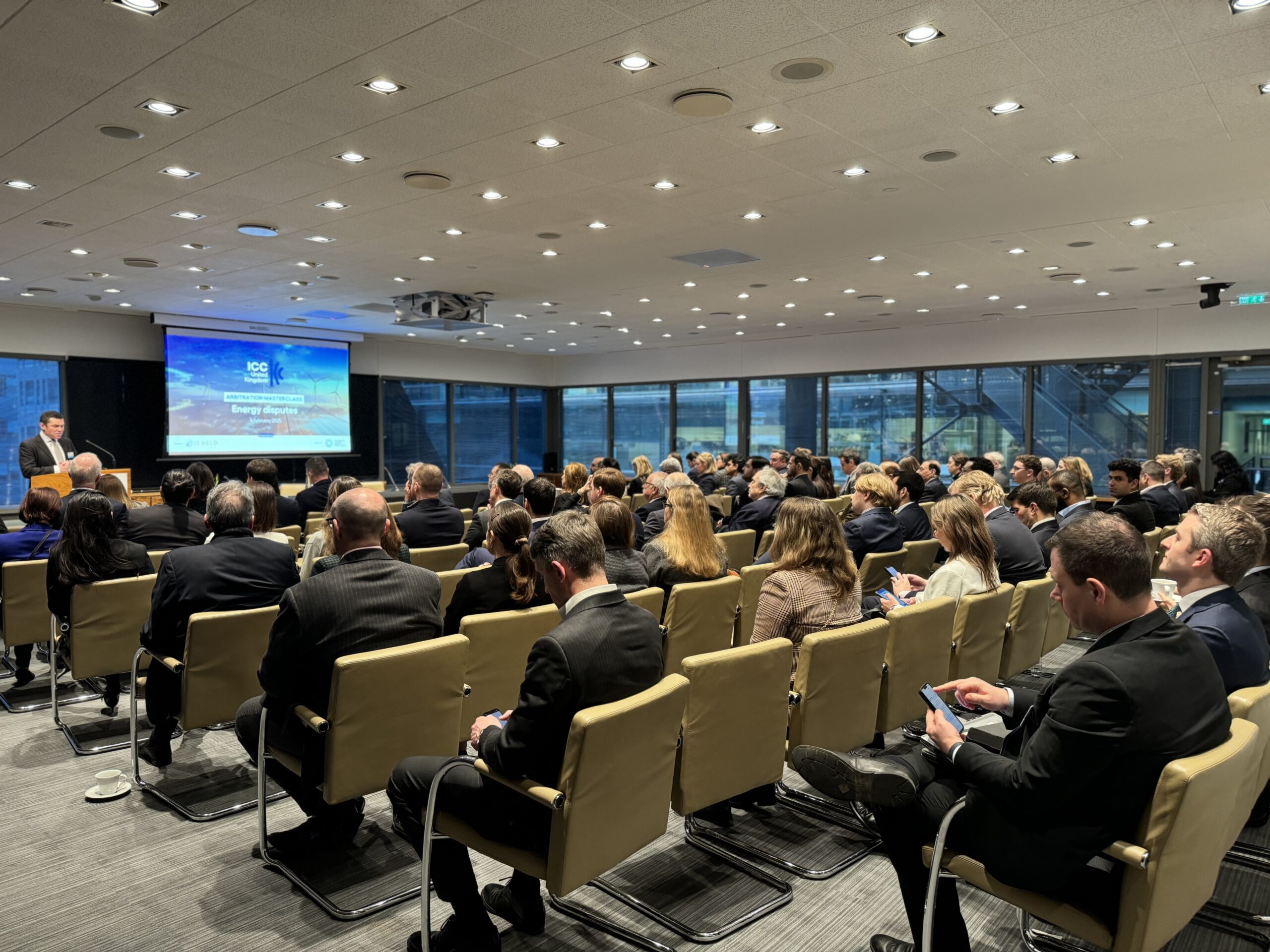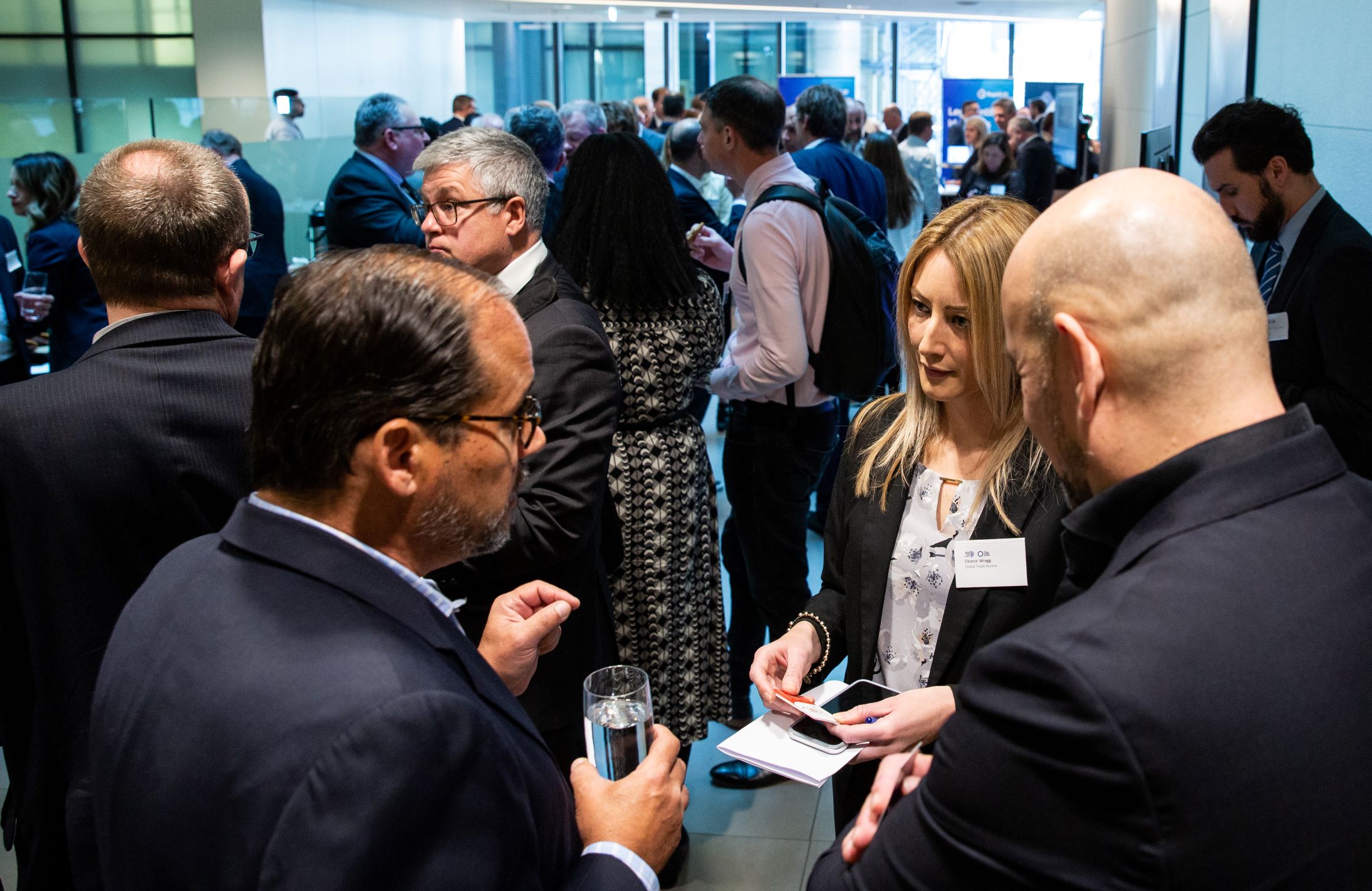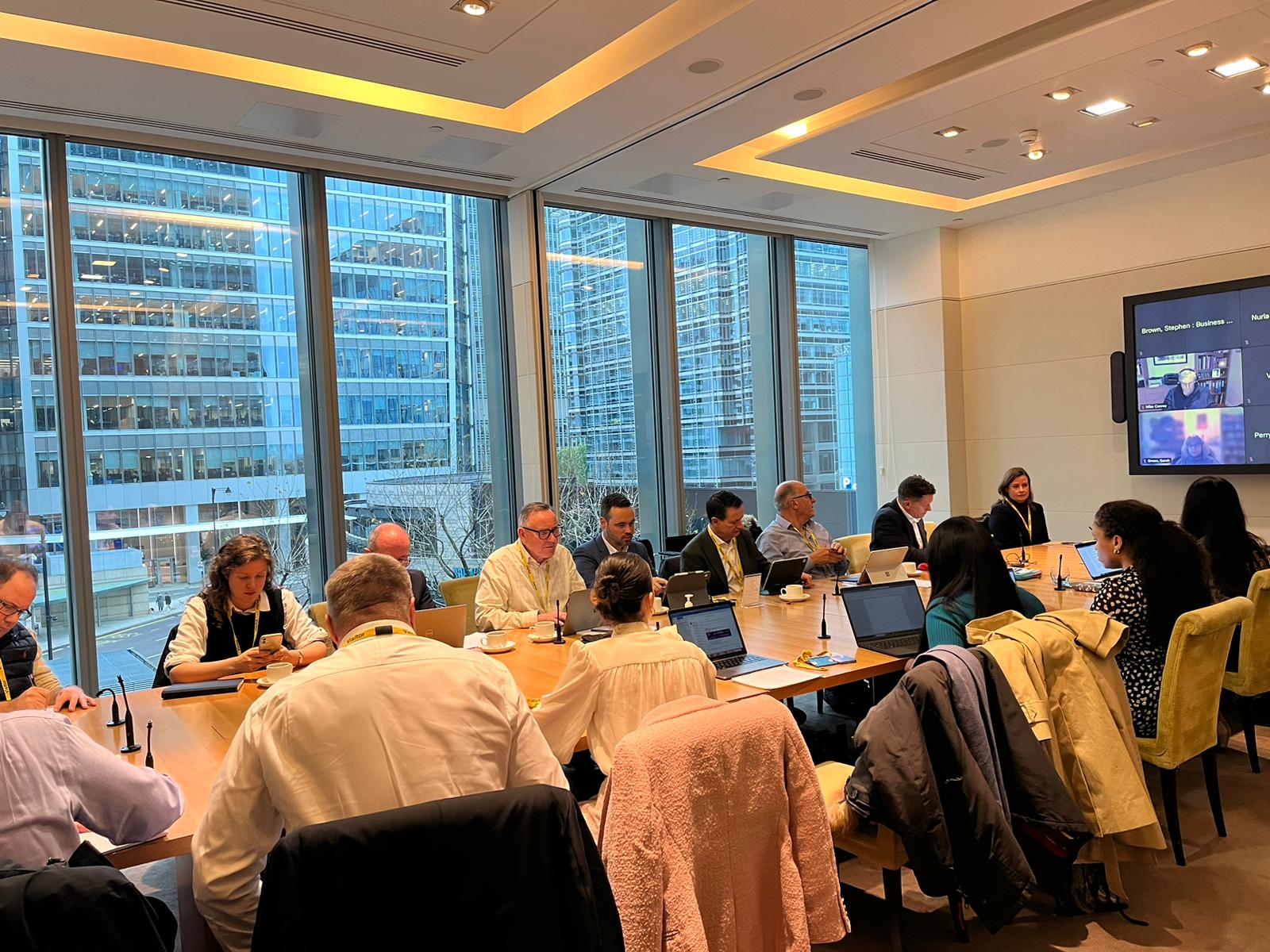
Strategic Policy Priorities
Internationally, ICC has five strategic priorities:
- Enabling global trade
- Promoting access to justice, integrity, and respect for the rule of law
- Accelerating sustainability and climate action
- Shaping an open, trusted and interoperable digital economy
- Strengthening multilateral cooperation
For more information, view the ICC 2024 – 2026 Strategic Priorities and Roadmap
How to engage:
Once a member of ICC, the primary mechanism for engaging with the ICC is through our global policy Commissions and national policy Committees.

ICC Commissions
ICC commissions are member-only, international consensus-based forums composed of world business experts from around the ICC network. Commissions provide a vehicle for policy development, rule-making and advocacy of ICC positions at major international institutions.
There are currently 12 policy Commissions that broadly mirror key functions within international companies:
- Arbitration and Dispute Resolution
- Banking
- Commercial Law and Practice
- Competition
- Business Integrity
- Customs & Trade Facilitation
- Digital Economy
- Energy & Environment
- Intellectual Property
- Marketing & Advertising
- Taxation
- Trade & Investment
Commissions meet twice a year, in the spring and autumn, often in conjunction with meetings and major events in the international calendar, organised by the UN or other relevant international institutions. Commissions vary in size and remit, with the Banking and Arbitration and Dispute Resolution Commissions being the largest, comprising up to 600 members supported by a wide range of working groups and task forces addressing policy issues. UK business experts are drawn from the UK membership and formally nominated to represent the UK by the Secretary General. Commission representatives then input on behalf of the membership and provide feedback to committees post commission meetings.

ICC Committees
ICC committees are member-only, consensus-based forums at national level. Their purpose is to agree national policy positions, oversee national programmes of action and feed into ICC Commissions. Typically, they meet twice a year, prior to ICC commissions, and are composed of UK business experts and relevant stakeholders. They act as focused, decision-making forums for all policy activity in the UK and provide an interface with national government. Committees are representative with members rotating on a regular basis.
The UK currently has four Committees:
- Arbitration & Dispute Resolution
- Sustainability
- Trade & Investment (includes Customs & Trade Facilitation)
- Trade Finance
Members can participate in the following policy areas either in national level working groups or in global policy Commissions:
- Commercial Law and Practice
- Competition
- Business Integrity
- Digital Economy
- Intellectual Property
- Taxation
